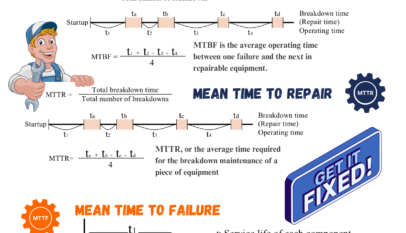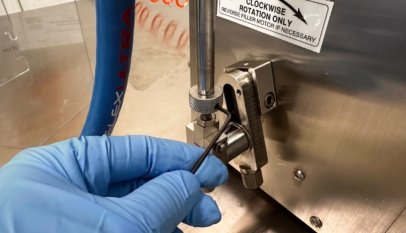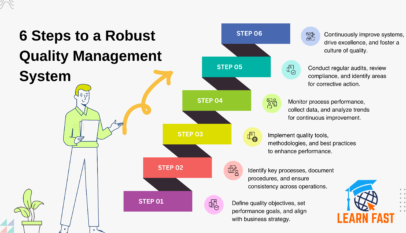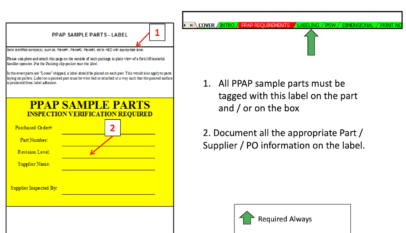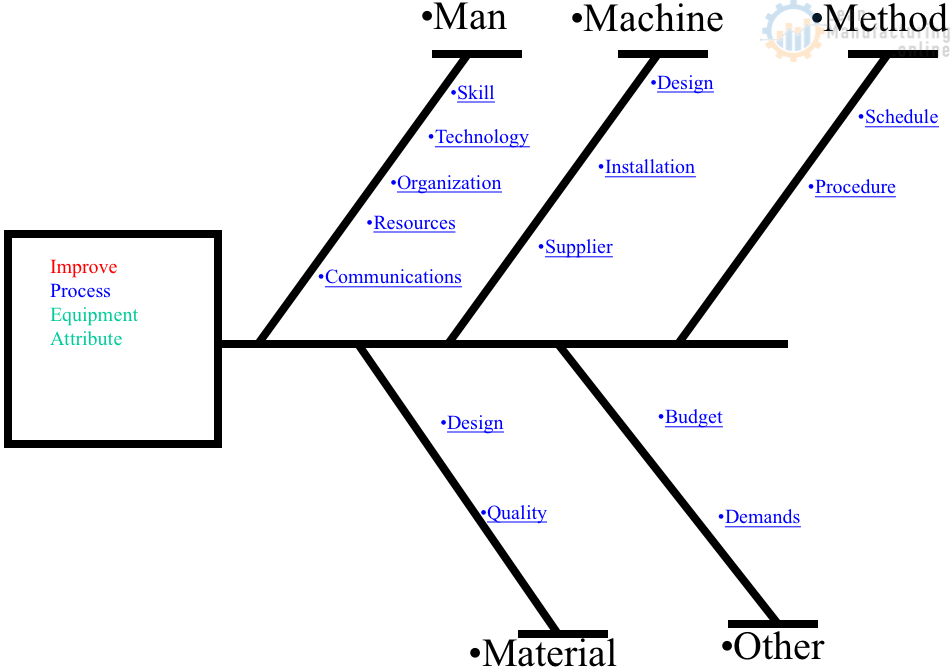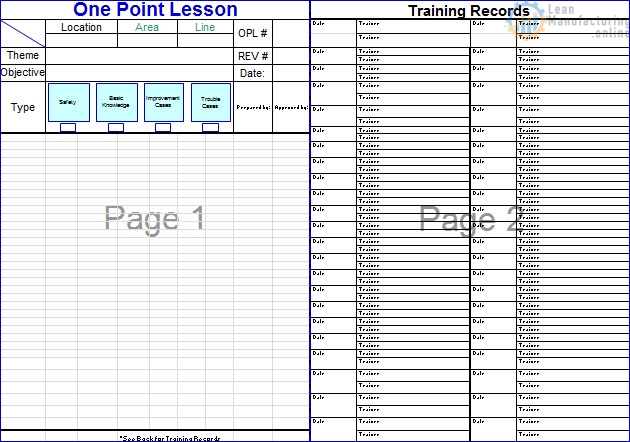The Production Part Approval Process (PPAP) is used in the automotive industry to establish confidence in component suppliers and their production processes. Developed by the Automotive Industry Action Group (AIAG), the PPAP process has become the de facto standard for automotive suppliers.
The PPAP process involves five key steps:
- Design and Development Approval: The supplier must submit the design of the part or component to the customer for approval. This step ensures that the part meets the customer’s requirements and specifications.
- Production Part Approval: The supplier must produce a small batch of parts for the customer’s approval. These parts must be made using the actual production process that will be used to produce the final product.
- Initial Sample Inspection Report (ISIR): The supplier must provide an ISIR that documents the inspection results of the parts produced in Step 2. The ISIR must include the measurement data, process capability, and other relevant information.
- Production Part Submission Warrant (PPSW): The supplier must provide a PPSW that summarizes the results of the PPAP process and confirms that the parts are ready for production.
- Part Approval: The customer reviews the results of the PPAP process and approves the parts for production.
The PPAP process is critical to the automotive industry because it ensures that vehicle parts and components meet the highest quality standards. It also helps to prevent costly recalls and ensures that suppliers can produce parts that meet the customer’s specifications.
The PPAP process is not just limited to the automotive industry. Many other industries, such as aerospace, medical devices, and electronics, also use the PPAP process to ensure the quality of their products.
One of the key benefits of the PPAP process is that it promotes communication and collaboration between the customer and supplier. By working together, the customer and supplier can identify potential issues early in the production process and address them before they become major problems.
The PPAP process also helps suppliers to improve their production processes. By providing feedback on the parts produced in Step 2, the customer can help the supplier identify improvement areas and implement corrective actions.
In conclusion, the PPAP process is essential for ensuring the quality of parts and components used in the automotive industry and beyond. By following the five-step process, suppliers can establish confidence in their production processes and deliver high-quality products that meet the customer’s requirements and specifications.

